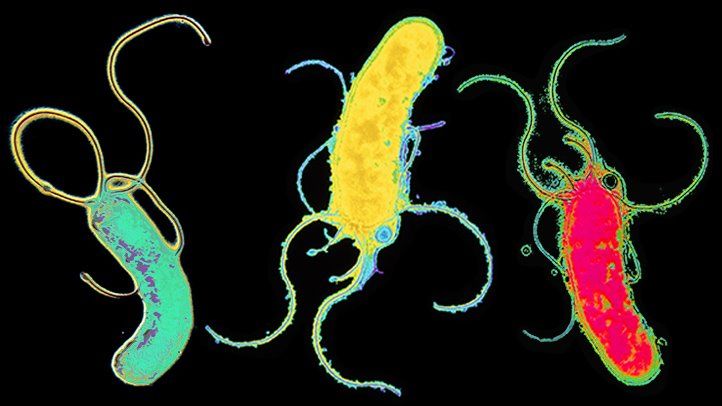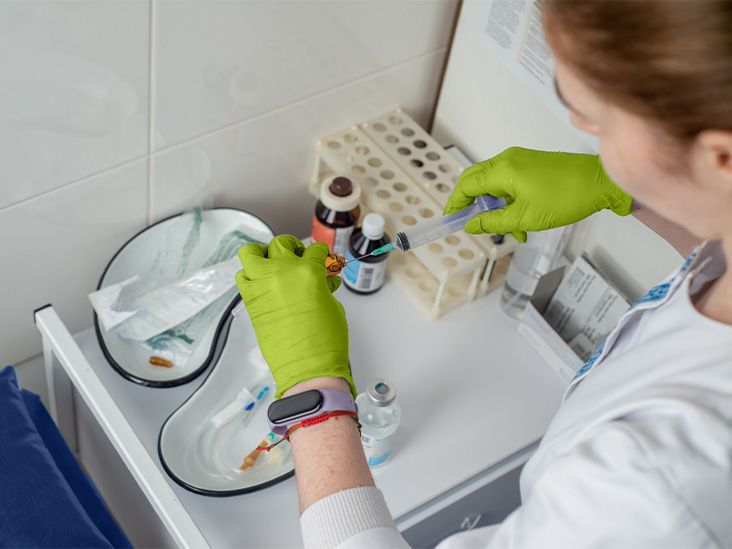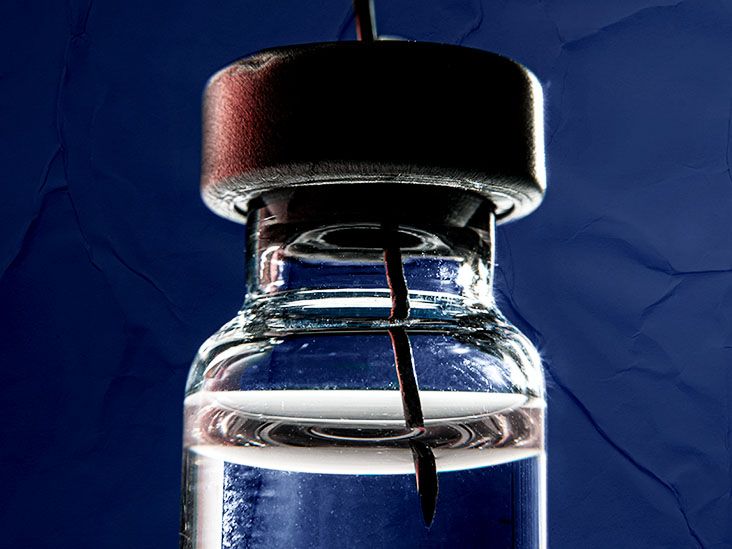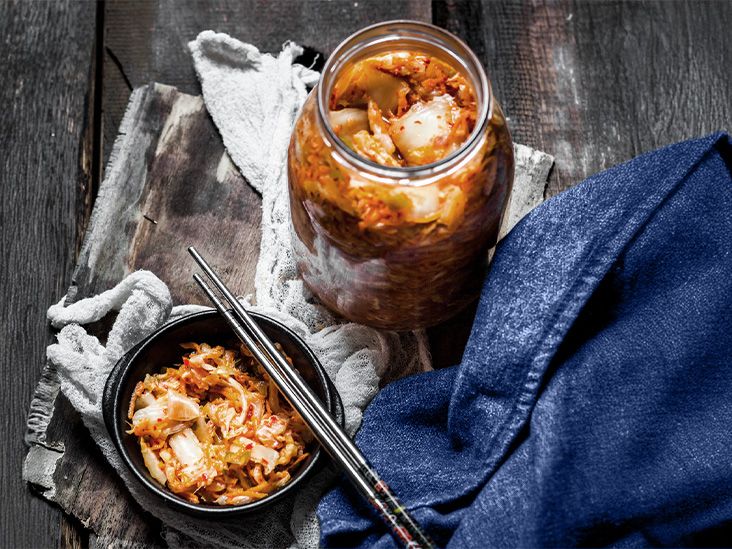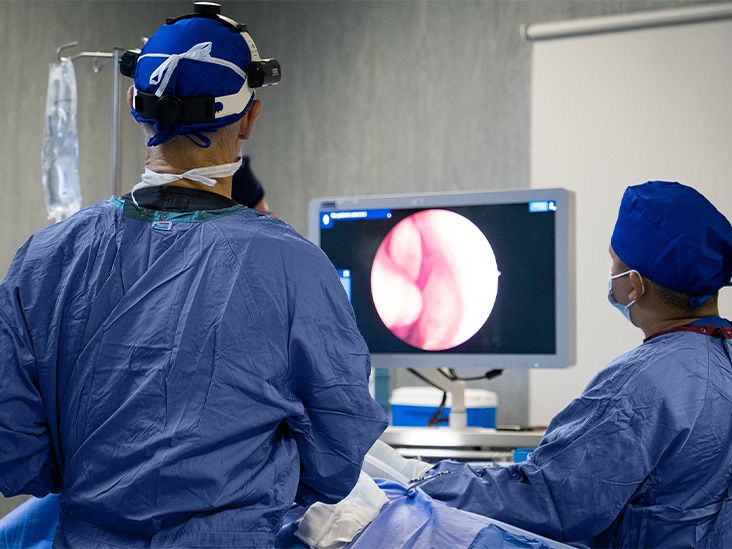Hey there! Let's talk about something that might have crossed your mind if you're into Korean food or fermented goodies kimchi and stomach cancer. I know, it sounds a bit scary, right? The idea that one of our favorite tangy, spicy fermented vegetables might be linked to cancer can feel like a punch to the gut pun definitely intended!
Here's the thing: when I first heard about this potential connection, I felt this weird mix of confusion and concern. I mean, kimchi has been this amazing source of probiotics for gut health, and suddenly there are whispers about cancer risks? It's like your best friend telling you that the guy you've been dating might not be who you think he is. You want to believe the good stuff, but you can't ignore those nagging doubts.
So let's dive in together and unpack this complex relationship. Because honestly, avoiding kimchi altogether might not be the answer and neither is diving in headfirst without understanding what's really going on.
What's in Your Kimchi?
First things first what exactly are we talking about here? Kimchi isn't just cabbage with some spices thrown in. It's actually this fascinating little ecosystem of fermentation that creates all sorts of interesting compounds.
The magic happens when good bacteria get to work on those vegetables, creating this beautiful symphony of flavors and textures. You've got lactic acid bacteria doing their thing, breaking down sugars and creating that characteristic tang. It's kind of like nature's own little science experiment happening in your jar!
But here's where it gets interesting and a bit complicated. Fermentation can be both our best friend and, potentially, something we need to watch carefully. Think of it like fire: amazing for cooking and warmth, but you wouldn't want to play with it carelessly.
Does Kimchi Cause Cancer?
Okay, let's tackle the elephant in the room. Does eating kimchi actually increase your risk of stomach cancer? This is where things get a bit murky, like trying to see through fog.
Some studies have suggested a link between pickled foods and gastric cancer, and since kimchi falls into that category, it's been pulled into the spotlight. But here's what's important to understand correlation isn't causation. Just because two things happen together doesn't mean one causes the other.
Think about it this way: if we saw that people who wear red shirts tend to get more speeding tickets, we wouldn't conclude that red shirts cause reckless driving, right? There might be other factors at play maybe red shirt wearers also drive sports cars, or maybe it's just coincidence.
Similarly, when researchers look at populations in Korea where kimchi consumption is high and notice certain cancer rates, we have to consider the whole picture. Are we looking at kimchi itself, or are there other dietary and lifestyle factors involved?
A study published in the World Journal of Gastroenterology actually pointed out that it's not necessarily kimchi alone, but the combination of high salt intake and other dietary patterns that might contribute to risk according to research. That's a pretty important distinction!
The Salt Factor
Now we're getting somewhere interesting. Salt or more specifically, high sodium intake is a known player in the stomach cancer story. The World Health Organization has been pretty clear about this one.
Here's what happens: when you consume a lot of salt, it can damage the stomach lining over time. Think of it like constantly rubbing sandpaper on a surface eventually, that surface is going to show signs of wear and tear. And when your stomach lining gets damaged repeatedly, it can create an environment where problems might develop.
Traditional kimchi can be pretty salty, especially the homemade versions where salt is used generously to draw out moisture and create that perfect fermentation environment. But here's the kicker not all kimchi is created equal.
| Kimchi Type | Estimated Salt Content | Cancer Risk Notes |
|---|---|---|
| Traditional Homemade | High | Varies with fermentation time |
| Commercial Low-Sodium | Moderate | Better for long-term consumption |
| Instant Kimchi | High | Often contains preservatives |
See that difference? It's like comparing a slow-cooked meal to fast food same basic ingredients, but very different preparation methods and outcomes.
The H. pylori Connection
This is where things get really fascinating and honestly, a bit concerning. H. pylori is this little bacteria that can hang out in your stomach lining, and it's been linked to stomach cancer in some cases.
Now, here's where the kimchi story gets even more complex. Some researchers have wondered whether the bacteria naturally present in kimchi might interact with H. pylori in ways that could be problematic. It's like having two roommates who don't exactly get along the dynamic can get pretty interesting, and not always in a good way.
But here's what's really important to understand: H. pylori infection is incredibly common in some populations and much less so in others. In East Asia, where kimchi is a dietary staple, H. pylori rates are higher than in many Western countries. So is it the kimchi, or is it this other factor?
Research has shown that the prevalence of H. pylori infection varies significantly across different populations as documented in various studies. This suggests that there might be multiple factors at play, not just dietary ones.
Genetics and Individual Differences
You know how some people can eat whatever they want and seem completely fine, while others have to be super careful about everything? That's not just metabolism it's also genetics playing a role.
Some people have genetic variations that make them more or less efficient at processing certain compounds in food. It's like having a super-efficient washing machine versus one that's on its last legs they might both get the job done, but one does it way better.
For example, certain enzyme variations can affect how your body handles compounds in fermented foods. If you're a slow processor of these compounds, you might want to be a bit more mindful about your intake. It's not about avoiding kimchi entirely it's about understanding what works best for YOUR body.
The Good News About Kimchi
Whew! That was a lot of potentially concerning information, wasn't it? But here's the thing kimchi isn't all doom and gloom. In fact, there's a whole lot of good stuff going for it.
Those probiotics we mentioned? They're pretty amazing for gut health. Think of them as little helpers in your digestive system, keeping things running smoothly and supporting your immune system. It's like having a team of tiny gardeners tending to the ecosystem in your gut.
Plus, kimchi is packed with antioxidants from ingredients like garlic, ginger, and cabbage. These are like little bodyguards fighting off harmful compounds and supporting overall health. And let's not forget about the anti-inflammatory properties your body will thank you for those!
I remember talking to a nutritionist friend of mine about this, and she had this great perspective: "It's all about balance," she said. "Kimchi can absolutely be part of a healthy diet you just need to know how much is right for you and make smart choices about the type you're eating."
Making Smart Choices
So what does this mean for you and your kimchi habit? Well, it's not about throwing the baby out with the bathwater or in this case, avoiding kimchi because of some potential risks.
Here's what I've learned makes sense: moderation is key. Think about it like anything else a little bit of dark chocolate is wonderful, but eating an entire bar every day probably isn't the best idea.
Choosing lower-sodium options when possible can make a big difference. And honestly, pairing your kimchi with fiber-rich foods can help support digestion and potentially offset some concerns. It's like having a balanced team where everyone supports each other.
One tip I love from that same nutritionist friend: "Look for naturally fermented, low-sodium kimchi, and always pair it with fiber-rich foods to support digestion." Simple, practical, and makes total sense.
Should You Get Tested?
This might be a good time to talk about something that doesn't get discussed enough knowing your own health status. If you're concerned about stomach cancer risk, talking to your doctor about testing for H. pylori might be worth considering.
It's kind of like checking your car's oil regularly you're not expecting problems, but you want to catch anything early if it does come up. Routine screenings for stomach cancer aren't standard in many countries, but that doesn't mean you can't be proactive about your health.
Who should consider talking to their doctor about this? Well, if you have a family history of stomach cancer, if you're experiencing persistent digestive issues, or if you're just curious about your risk factors these are all good reasons to have a conversation with a healthcare professional.
Prevention Strategies
Let's talk about what you can actually do to support your stomach health, because knowledge without action isn't really helpful, is it?
Here's a simple checklist that makes sense to me:
Eat mostly fresh vegetables these provide fiber and antioxidants that support digestive health
Limit salt-heavy fermented foods moderation really is key here
Test for H. pylori if you're concerned knowledge is power
Know your family health history this context can help guide decisions
But beyond the checklist, there's also the bigger picture of lifestyle. Regular exercise, stress management, and dietary diversity all play roles in supporting your overall digestive health. It's like building a strong foundation for a house you want everything working together.
Moving Forward with Awareness
So where does this leave us? Honestly, I think the most important takeaway isn't to fear kimchi or to embrace it without thought it's to approach it with awareness and intention.
The truth is, there's no one-size-fits-all answer here. Some people might need to be more careful about their intake, while others might enjoy kimchi regularly without issue. And that's okay! That's what makes us human we're all different, with different needs and circumstances.
What I hope you take away from this isn't fear, but empowerment. Understanding the potential risks and benefits means you can make informed choices that work for YOUR body and YOUR health goals. It's like having a conversation with your food rather than just consuming it blindly.
Have you been wondering about this connection yourself? I'd love to hear your thoughts. Maybe you've been trying to make sense of conflicting information, or perhaps you've been avoiding kimchi altogether out of caution. Whatever your situation, remember that asking questions and seeking understanding is always a good thing.
And hey, if you have questions about your own diet and cancer risk, please don't suffer in silence. Talk to your doctor, do some research, and keep exploring what works best for your body. Because at the end of the day, that's what really matters taking care of yourself in a way that feels right for YOU.
So go ahead enjoy that kimchi if it brings you joy, but do it mindfully. Make informed choices, listen to your body, and remember that health is about balance, not perfection. After all, life's too short to eat flavorless food just maybe choose your flavors with a bit of extra awareness.
FAQs
Is kimchi directly linked to stomach cancer?
Kimchi is not directly proven to cause stomach cancer. Research points more toward high salt intake and other dietary patterns in combination with factors like H. pylori infection as potential contributors.
Does the salt in kimchi increase cancer risk?
High salt levels can damage the stomach lining over time, which may raise cancer risk. Choosing low-sodium kimchi and eating it in moderation can help reduce this concern.
Can probiotics in kimchi prevent cancer?
While probiotics support gut health and may have protective effects, they don’t guarantee cancer prevention. Balance and moderation are key when consuming fermented foods like kimchi.
Should I avoid kimchi if I have H. pylori?
If you have an H. pylori infection, discuss your diet with a healthcare provider. The interaction between fermented foods and H. pylori varies by individual, so personalized advice is important.
How much kimchi is safe to eat regularly?
Eating small portions of low-sodium, naturally fermented kimchi a few times a week is generally considered safe for most people and may even offer health benefits.
Disclaimer: This article is for informational purposes only and does not constitute medical advice. Always consult with a healthcare professional before starting any new treatment regimen.
Related Coverage
Stomach cancer treatment options, risks, and recovery tips explained in plain language—helping you ask the right questions now....
Stomach cancer chemotherapy uses drug combos before or after surgery and as treatment for advanced disease, with side‑effect tips....
Gastrectomy surgery reshapes digestion; learn types, recovery timeline, diet tips, and supplements for a healthier post‑op life....
Stomach cancer quizzes boost public knowledge on risk factors, symptoms, prevention and facts. Interactive quizzes empower early detection and care seeking....
Subcutaneous immunotherapy for GI cancer offers a convenient alternative to IV treatment. Find out how it works and who it’s for....
Get insights on how immunotherapy for stomach cancer works, who benefits most, side effects, and key questions for your oncologist....
Compare stomach cancer vs ulcer symptoms, causes, tests and treatments, and spot red‑flag signs that require urgent attention....
Learn how age, H. pylori, diet, smoking, and genetics affect stomach cancer risk and discover steps to lower your chances....
Is there a real connection between kimchi stomach cancer risk? Get the facts on fermented food safety and what you can do to stay healthy....
A stomach cancer diagnosis includes upper endoscopy with biopsy, staging scans, and treatment planning to guide you forward....



